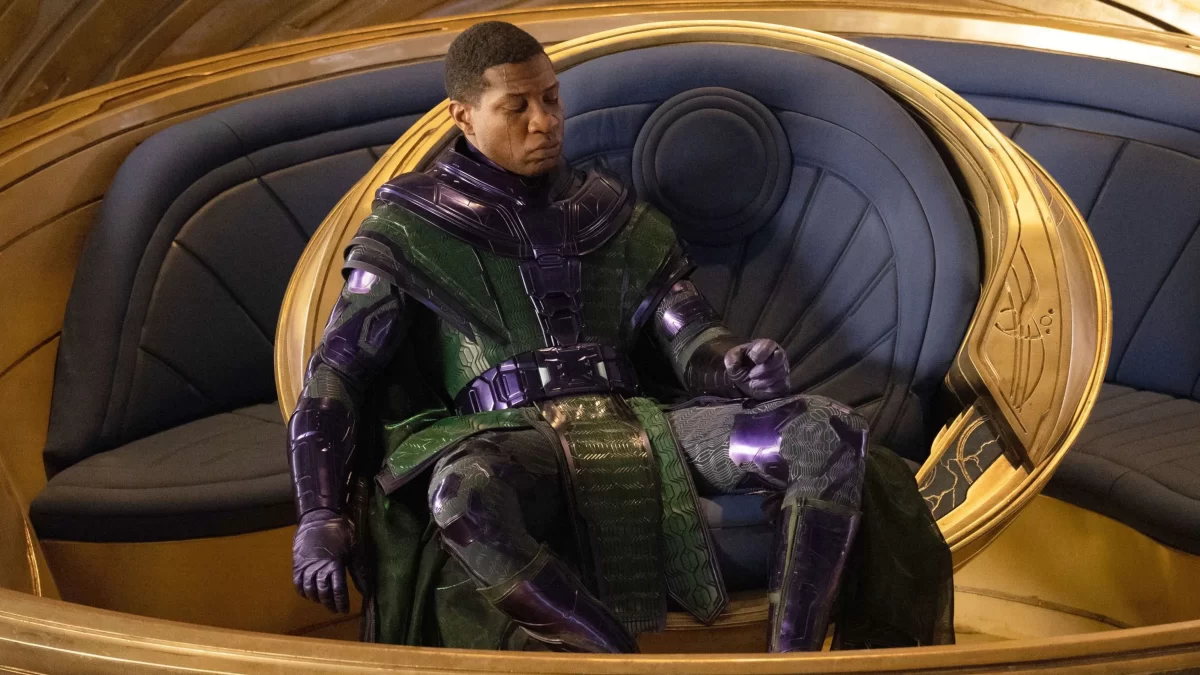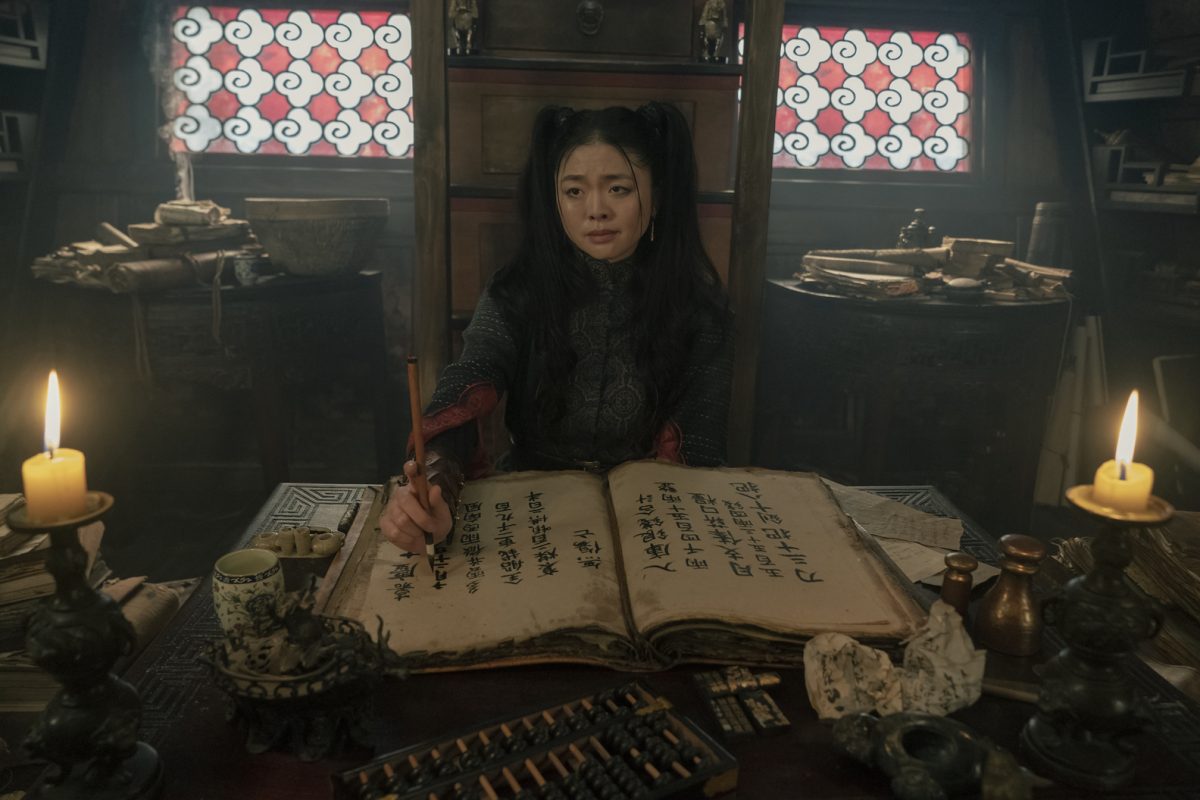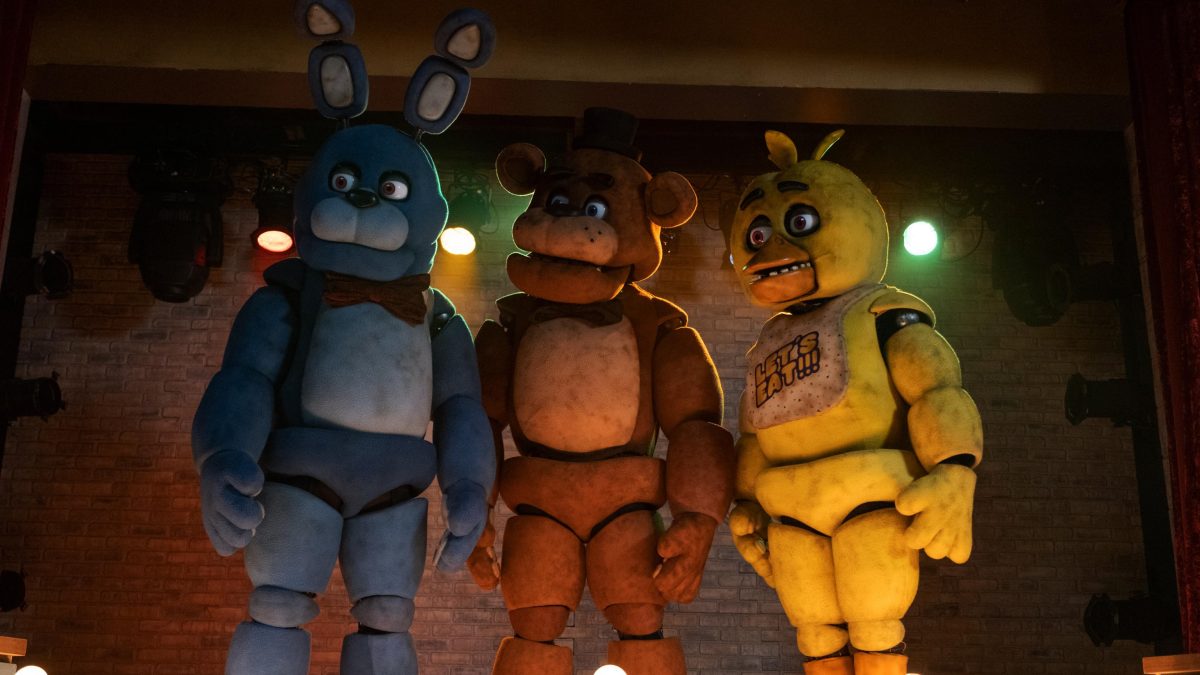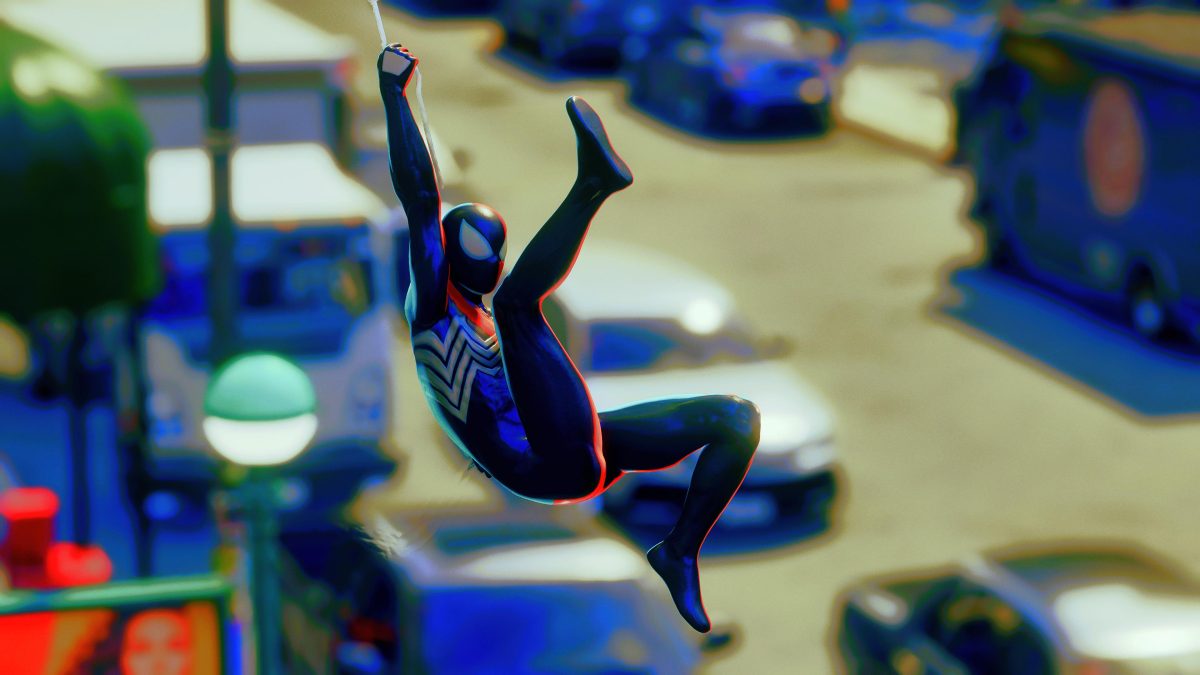Sixty-two episodes into “Breaking Bad”… and that’s it.
Series creator and showrunner Vince Gilligan promised the ending of the gritty meth drama would be “polarizing”. And it was, to say the very least.
If you haven’t watched the finale titled, “Felina”, which aired on September 29, it might be wise to stop reading now to avoid spoilers.
Let me start out by saying that I was wrong (for the most part) with my predictions for the finale.
Let’s recap:
I thought we would see Jesse’s family again. I thought we’d find out the state of Donald Margolis and Beneke. I thought, maybe, that Todd would make a move on Lydia. And I believed that Walt would ultimately intend to use the unused ricin vial on Gretchen and Elliot.
None of that happened.
The only thing I had right was that a major confrontation would ensue between Walt and Jack’s gang. Pretty much everybody saw that coming, though.
Most of what I predicted, the complete opposite happened. Throughout the entire run of “Breaking Bad”, that’s been one of the truly great things about the show- it is unpredictable. You can’t ever seem to guess what’s going to unravel next for Walter White and company.

Gilligan promised all loose ends would be tied up before the series ended, so that’s why I made my predictions about the rest of the Pinkmans, Beneke and Donald Margolis. I thought the finale of “Bad” would involve long forgotten characters while leading up to the conclusion.
But I can understand why none of them were mentioned, let alone shown on screen. When Gilligan promised all loose ends would be tied up, we didn’t know to what extent. But as the last scene of “Felina” aired, it was clear that one man accounted for them all—Walter White.
It was the one loose end that truly mattered.
“Felina” was all about the demise and fall of Heisenberg during his final hours, and it was only appropriate that “Breaking Bad” ended in this sort of fashion.
Once Walt flees New Hampshire to make his way back to Albuquerque at the end of the episode “Granite State,” he immediately tracks his way to Gretchen and Elliot’s new house, pretending to be a journalist. The two are visibly creeped out and horrified by his presence, but Walt goes easy on them, giving them his remaining $9.72 million and demanding they get it to Flynn once he turns eighteen.
A later scene shows Marie calling Skyler, informing her that Walt is still in town (thanks, CAROL!) – but unaware that Walt is actually in the room with her. Walt gives Skyler the lottery ticket with the coordinates to where Hank and Gomez are buried so she can negotiate a plea deal with the DEA, while confessing he committed all his crimes for himself rather than the family—and enjoying it every step of the way.
Family is everything- it is one of the main themes of the entire series. This is no different with Walt looking out for his son and wife in the finale, wanting only the best for them since he knows he’s going nowhere and likely to die very soon.
But there’s still one person left who needs help, more so than anyone…Jesse.
Despite their dysfunctional relationship throughout the entire course of “Breaking Bad”, Walt has always thought of Jesse as a son.
Walt navigates his way to Jack’s hideout where Jesse’s still being held as a slave cook. After Jack brings a physically drained Jesse out and Walt sees that Jesse is a slave, all hell breaks loose. Walt tackles Jesse to the ground before igniting the M60 in his car via his keys. The gunfire kills everyone except a wounded Walt and Jack, and an unharmed Jesse and Todd.
Jesse then gets a hold of Todd (“Meth Damon”) before strangling him to death with his handcuffs, and Walt fatally shoots Jack in the head. Walt then slips his handgun to Jesse and gives him permission to kill him. Jesse, contemplating ending his former chemistry teacher, is unable to bring himself to get the job done, saying “Do it yourself” before walking outside.
Then Todd’s cell phone starts ringing. Walt answers it, hearing Lydia on the other line. He coldly tells her that her business partners are dead, and that she’s about to die of ricin poisoning because Walt replaced her stevia with it (he did this earlier in the episode at a coffee shop, when Walt met with Lydia and Todd to discuss a business strategy).
Outside, Jesse gives Walt a look of gratitude before fleeing in his car, hysterical at the notion of finally being free from Walt as he drives off.

Walt goes back inside the lab and “respects the chemistry” one last time, admiring the equipment just before he succumbs to his bullet wound once the police arrive, in a way shockingly reminiscent to the final scene of “Crawl Space” (season 4, episode 11).
And just like that, Walter White’s journey was over.
I thought the ending was truly magnificent and satisfying. Walt got what he deserved, but not before taking care of unfinished business. He secured his family, freed Jesse, and took down the other ruthless criminals that accompanied him in numerous escapades. If Walt went down (which he did) his partners do too… because if you associate yourself with the notorious Heisenberg (excluding Saul), there will be consequences. Deadly ones.
Throughout the five seasons of this groundbreaking thriller, we witnessed a humble, innocent man transform into a ruthless, unsympathetic villain characterized by immense levels of selfishness and pride. His morals became lower as the series progressed, and the lengths he was willing to go to get away with his crimes were shocking at times.
Once Walt made the decision in the pilot episode to cook meth after being diagnosed with lung cancer, it was the beginning of a long dark road to hell. He knew he was taking a huge risk with the potential consequences that lay ahead, but did it anyway for a simple reason—he was a miserable man. Walt didn’t care anymore. He had a dead end life, but it didn’t have to be that way. It was never fully explained exactly what happened during his fallout with Gray Matter Technologies.

Getting associated with the psychotic Tuco and his relatives really set things in motion for Walt and company in “Breaking Bad.” Jesse couldn’t make an acceptable amount of money for Walt selling on his own on the streets at the beginning of the series, which is why the two of them got involved with a big time drug lord (even though Jesse absolutely hated the idea). But Jesse was associated with the delusional Walt… so, sorry Jesse.
If there’s one thing I’ll remember most about “Breaking Bad”, it’s the character development. It was written and acted out exceptionally by the staff and main cast- particularly the performances of Bryan Cranston and Aaron Paul. I think the relationship of Walt and Jesse will go down as one of the more memorable ones in television history. As heartbreaking as it was, their interactions did occasionally play the role of comic relief.
“Breaking Bad” currently has a 9.5/10 rating on IMDb (Internet Movie Database) which is the highest out of any current or past show on that site—and the series really does deserve every bit of credit. I have never been more hooked on a show; each season got progressively more violent and raw with storylines that always had me on the edge of my seat. The writing, acting, cinematography and use of foreshadowing and symbolism, to me, is what made this show so damn good.
There’s no question that “Breaking Bad” will go down as one of the greatest TV shows of all time. Some critics do indeed call it the best live-action drama on television- can you blame them? When Vince Gilligan once pitched the concept for the show to an executive at a major television company, the man laughed and called it “the worst idea he’s ever heard”. But look where that idea ended up.
Goodbye, “Breaking Bad”. Thanks for the memories.







